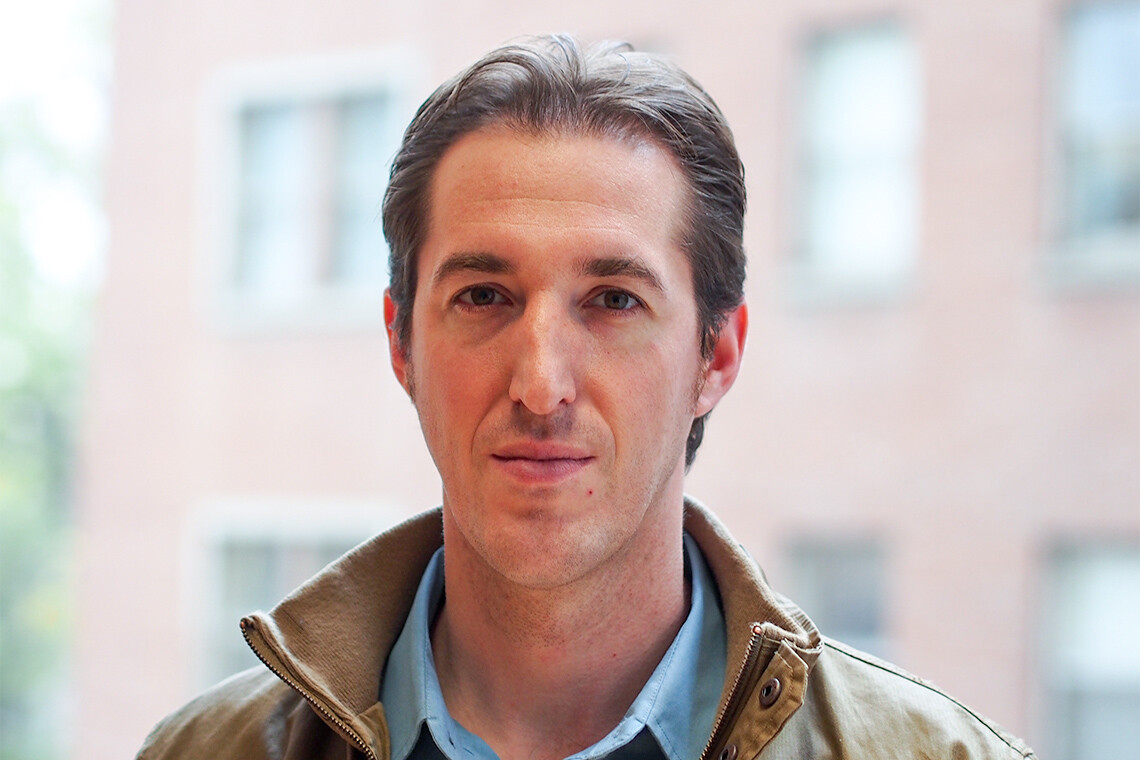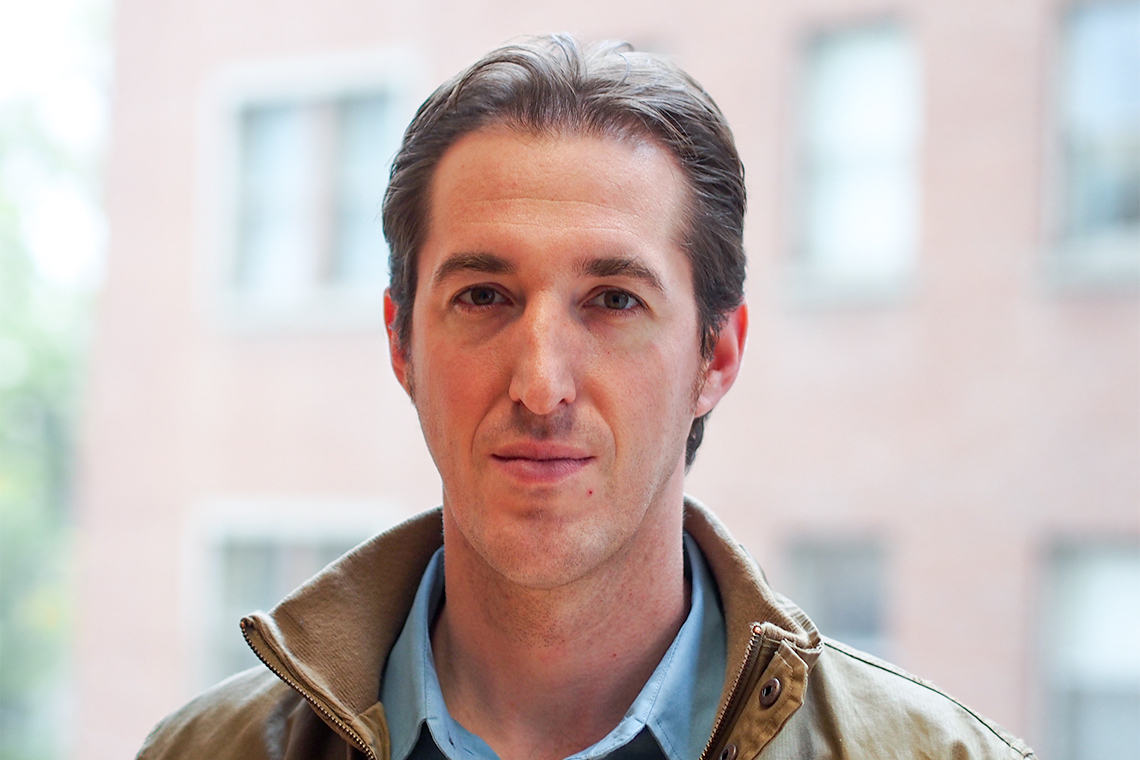Main Second Level Navigation
- Welcome
- Why Toronto?
- History of the Department
- Vision & Strategic Priorities
- Our Leadership
- Our Support Staff
- Location & Contact
- Departmental Committees
- Department of Medicine Prizes & Awards
- Department of Medicine Resident Awards
- Department of Medicine: Self-Study Report (2013 - 2018)
- Department of Medicine: Self-Study Report (2018 - 2023)
- Communication Resources
- News
- Events
Why are some COVID-19 debates so polarizing? U of T health expert breaks down the issues

Don Campbell, U of T News
 Given what we know – and don’t know – about COVID-19, there are several issues that continue to sharply divide the public and scientific community.
Given what we know – and don’t know – about COVID-19, there are several issues that continue to sharply divide the public and scientific community.
These include the efficacy of masks in controlling the pandemic, how COVID-19 actually spreads and the need to reopen the economy against calls for an indefinite lockdown. Among public health experts urging for more nuance in these debates is Isaac Bogoch, an associate professor in the Faculty of Medicine at the University of Toronto who specializes in epidemiology and infectious diseases.
While there are legitimate disagreements on how evolving information about the pandemic should be interpreted and addressed, Bogoch warns some debates are increasingly being fuelled by pseudoscience, conspiracy theories and the spread of misinformation about scientific studies.
At risk, he says, is our ability to make informed decisions.
Bogoch recently spoke to U of T News about some of the most polarizing issues relating to the pandemic and why it’s important to understand what’s behind the debates.
Why is nuance important in a pandemic?
If we ignore the nuance, we risk polarizing and even politicizing many of these issues, and that’s not helpful at all. What’s happening is supporters for either side of these topics are cherry-picking information to suit their preconceptions. Having an informed general public is certainly the best path forward, but ignoring the nuance and just stubbornly sticking to one side of the argument or the other can do more harm than good. It can detract from the ultimate goal, which is figuring out how we can best control COVID-19 in our communities.
Why are some arguing that health measures meant to protect the public are damaging the economy?
This one is troubling and I think it derives from this notion that public health and the economy are two independent and opposing forces, which they aren’t. This pandemic is both a public health and economic crisis, and the idea that the economy could function uninterrupted while a significant portion of workers are sick is naïve at best.
At the same time, we can’t ignore the significant negative health effects of having people unemployed, underemployed or living in poverty as a result of a partially functioning economy. The process of gradually and carefully reopening can be done in a safe manner, but it’s not a one-size fits all proposition.
Another debate surrounds the issues of droplet versus airborne transmission of COVID-19. Why is this one so contentious?
It’s been a big deal and it seems some people have really dug their heels in one way or the other. Before COVID-19, scientists were debating the role these play in transmitting influenza, so we’ve been discussing droplet versus airborne for what seems like an eternity. I think the big difference now is that the entire world is watching.
Like anything else, it’s ridiculous to have polarizing claims either way. We know that most of this infection is likely transmitted through droplets, but, like anything else, there’s a spectrum. It’s not like you have a droplet silo or an aerosol silo – there’s very few infections that will be perfectly siloed. Instead there’s a spectrum and certainly this one is on the droplet end of the spectrum. That doesn’t mean 100 per cent of the transmission is through droplet. It’s conceivable that there are cases of airborne transmission and that can’t be ignored altogether.
One debate that keeps surfacing is masks for all versus no masking at all. Why is this one such a big deal?
We know that if you put something over your mouth and nose while someone is ill this will greatly reduce the risk of transmitting the infection to other people. At an individual level, we know masks are very effective. There’s no rational scientific debate about that. But what happens is that people make a jump from the individual level to population level data, which you can’t do. Some vastly overstate the benefits of wearing masks. It turns out, while masks do have benefit at a population level, the effect is actually smaller than what many people believe.
The truth is we aren’t going to “mask” our way out of this pandemic. What I mean is that it’s going to require dozens of measures to keep people safe, including implementing a global vaccine program. That’s why I think some people were not as keen to have mandatory mask rules, because, at a larger population level, the effect isn’t as big as it is at an individual level. I’m not in that camp. I think they play an important role, but it’s just one of many measures we need.

